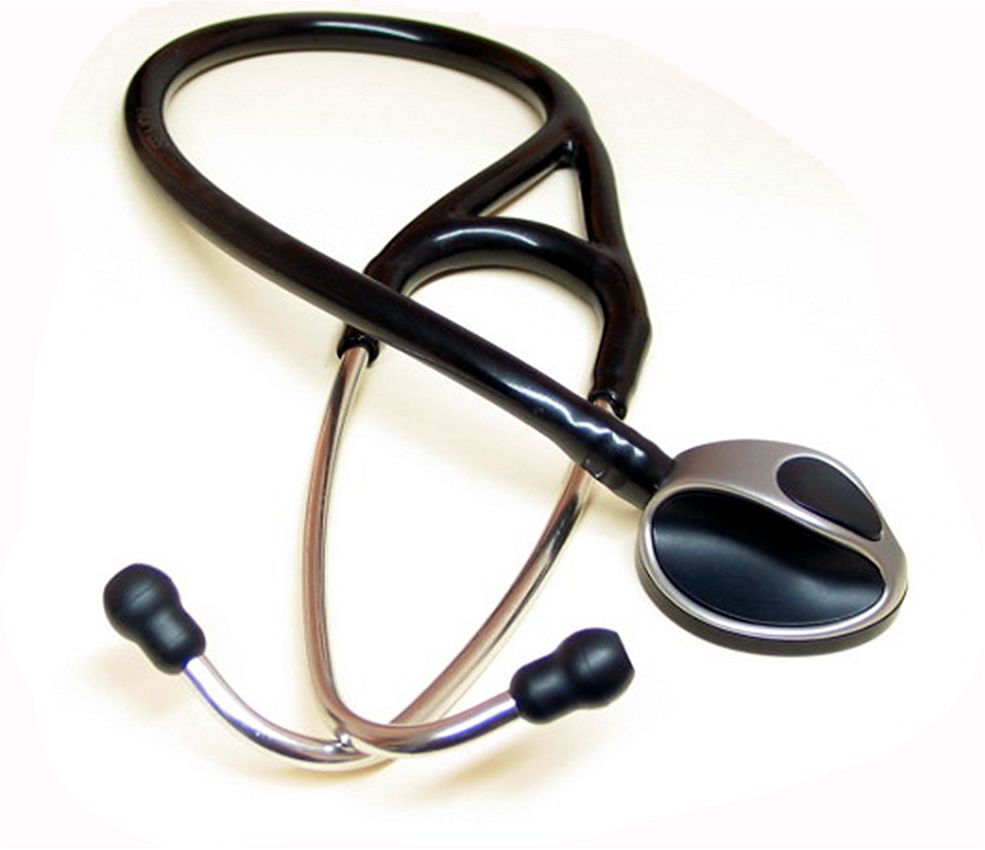
There are dozens of serious diseases that often go unnoticed, even by the people who are closest to us. But what if we, ourselves start doubting our own well-being?
The phrase “better safe than sorry” comes to mind --- would you, dart off to the nearest hospital and get yourself checked up over nothing, or would you rather wait it out and have potential serious diseases do more damage in time?
Now that we’re over our 40s, something as minor as a discoloration, a headache or a sensation of sharp, sudden, immediately-disappearing pain could be indicators for serious diseases. But what could you do? Wait it out to get either better, or worse, or take up somebody’s time?
Here are a couple of ways to find out if you have a serious disease. The big three for people who are in their 40s:
A form of dementia, this serious illness starts off as absent-mindedness. This happens because of the natural aging process --- it also changes a person’s mental functions. Do you notice yourself forgetting more and more things frequently? Have you suddenly become moody? Couple that with light disorientation and feeling generally irritable, and you might have Alzheimer’s.
This is in general --- the symptoms that are common in a number of serious diseases that are classified as heart disease. Do you feel extraordinarily fatigued, even if you haven’t done much during the day? Do you feel a sudden tightness in your chest? Do you sometimes have trouble breathing? Are you a smoker/drinker/unhealthy eater? If you answered “yes” in 4 of the last questions, then you may have heart disease. If you answered “yes” to 2-3 symptoms, then it’s time to let go of some bad habits, and actively seek out a healthier change.
This affects the eyes. Along with the heart, the eyes are affected by the aging process. When you squint as hard as you can and is still unable to read the fine-print on anything, or, when you have blood-shot eyes even after a full night’s rest --- it’d be time to see a specialist --- one of a number of serious diseases could make your eyes permanently blurry, or damaged.
Bottom line is --- it shouldn’t matter if you prefer to go to the hospital if you’ve got even the faintest suspicion that you have one of the serious diseases --- doctors and nurses and hospitals are employed to look after the welfare of their patients, and should there be a consultation/check-up fee, it’d be a small price to pay for what might go wrong down the road.
No comments:
Post a Comment